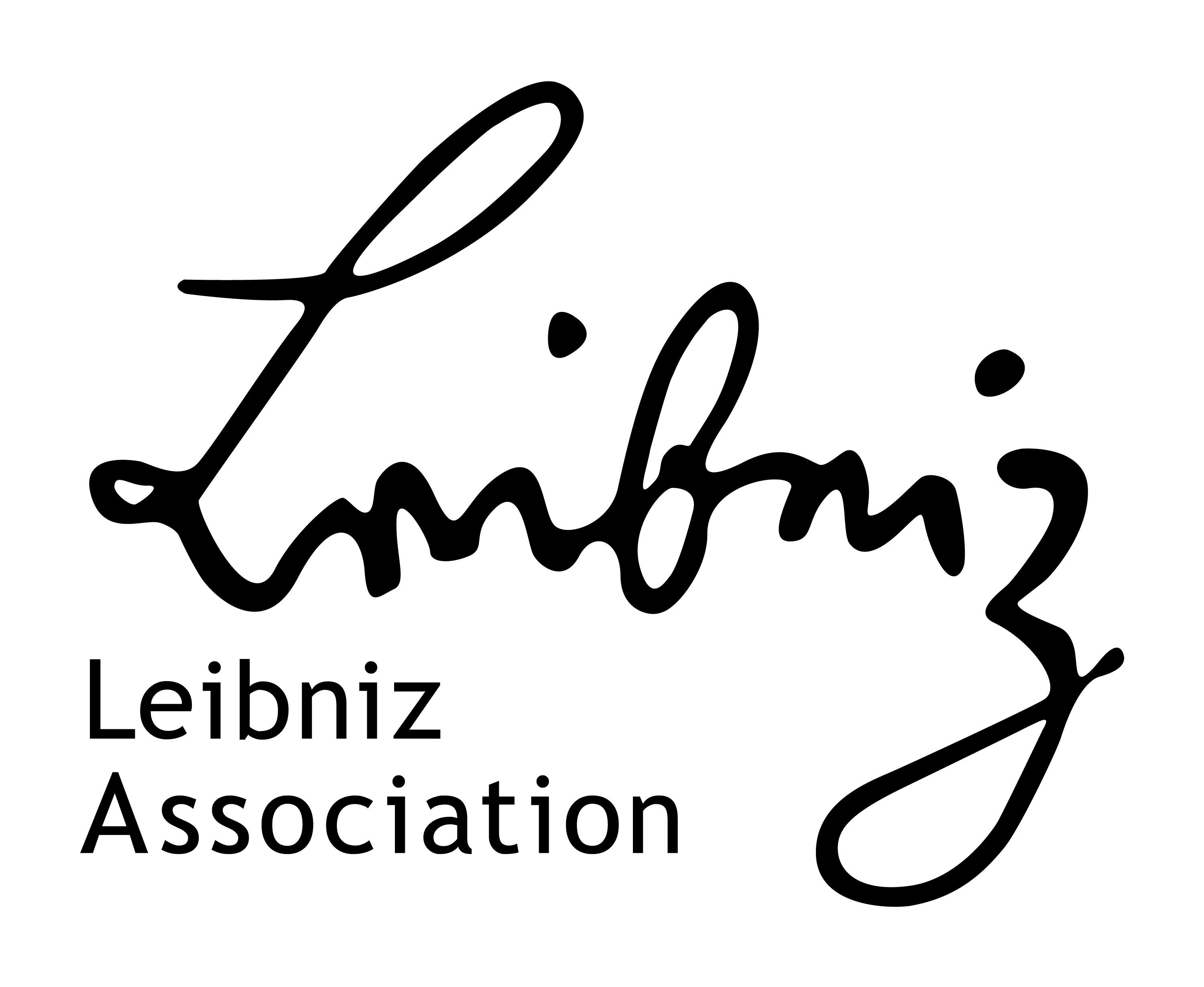Annika Edelmann, PhD student
Jana Meier, PhD student
Jennifer Piloth, Research assistant
>>>>>>>>>>>>>>>>>>>>>>>>>>>>>>
Former employees
Anna Bergmann, PhD student
Eliza Eckhardt, PhD student
Dr. Lena Eppelmann, Postdoc
Dr. Aleksandra Kaurin, Postdoc
Dr. Friederike Köhler, Postdoc
Heike Schmidt-Harth, MTA-F
Sandra Schönfelder, Study Coordination
Tabea Werner, PhD student
The research group investigates the neurobiological and behavioural correlates of central resilience mechanisms as well as the possibilities of behaviour modification derived from them, for example through psychological interventions. Emotional, motivational, and cognitive mechanisms, such as the regulation of emotions by means of different strategies, the processing of reward and the (distorted) cognitive interpretation of situations, play a major role. The regulation of emotions under stress as well as the effect of controllable and uncontrollable stress on human behaviour is investigated. A combination of biopsychological and behavioral measurement methods enables us to comprehensively characterise the mechanisms that contribute to increased stress resilience in humans. This information is used to develop appropriate intervention methods in different formats (e.g., face-to-face training, online training), which are used in large-scale studies to test effectiveness.
- Online trainings to promote resilience (ResOn)
- Blended resilience training to foster stress resistance in teachers (BooSTERIT)
- Computational modelling of behavioural control
- Prof. Dr Dirk Lehr, Institute of Psychology, Leuphana University Lüneburg
- Prof. Dr Martin Bohus, the Central Institute of Mental Health, Mannheim
- Boehringer Ingelheim Foundation
Ahrens KF, Neumann RJ, Kollmann B, Brokelmann J, von Werthern NM, Malyshau A, Weichert D, Lutz B, Fiebach CJ, Wessa M, Kalisch R, Plichta MM, Lieb K, Tüscher O, Reif A (2021) Impact of COVID-19 lockdown on mental health in Germany: longitudinal observation of different mental health trajectories and protective factors. Transl Psychiatry. 11(1):392. doi:10.1038/s41398-021-01508-2
>> Link to PubmedKalisch R, Köber G, Binder H, Ahrens KF, Basten U, Chmitorz A, Choi KW, Fiebach CJ, Goldbach N, Neumann RJ, Kampa M, Kollmann B, Lieb K, Plichta MM, Reif A, Schick A, Sebastian A, Walter H, Wessa M, Yuen KSL, Tüscher O, Engen H (2021) The Frequent Stressor and Mental Health Monitoring-Paradigm: A proposal for the operationalization and measurement of resilience and the identification of resilience processes in longitudinal observational studies. Front Psychol. 12:710493. doi:10.3389/fpsyg.2021.710493
>> Link to PubmedMeine LE, Meier J, Meyer B, Wessa M (2021) Don't stress, it's under control: Neural correlates of stressor controllability in humans. Neuroimage. 245:118701. doi:10.1016/j.neuroimage.2021.118701
>> Link to PubmedNeumann RJ, Ahrens KF, Kollmann B, Goldbach N, Chmitorz A, Weichert D, Fiebach CJ, Wessa M, Kalisch R, Lieb K, Tüscher O, Plichta MM, Reif A, Matura S (2021) The impact of physical fitness on resilience to modern life stress and the mediating role of general self-efficacy. Eur Arch Psychiatry Clin Neurosci. 2021 Oct 7. doi:10.1007/s00406-021-01338-9
>> Link to PubmedOchmann DT, Philippi KFA, Zeier P, Sandner M, Hillen B, Neuberger EWI, Ruiz de Azua I, Lieb K, Wessa M, Lutz B, Simon P, Brahmer A (2021) Association of innate and acquired aerobic capacity with resilience in healthy adults: Protocol for a randomized controlled trial of an 8-week web-based physical exercise intervention. JMIR Res Protoc. 10(11):e29712. doi:10.2196/29712
>> Link to PubmedSandner M, Zeier P, Lois G, Wessa M (2021) Cognitive emotion regulation withstands the stress test: An fMRI study on the effect of acute stress on distraction and reappraisal. Neuropsychologia. 157:107876. doi:10.1016/j.neuropsychologia.2021.107876
>> Link to PubmedSchueler K, Fritz J, Dorfschmidt L, van Harmelen AL, Stroemer E, Wessa M (2021) Psychological network analysis of general self-efficacy in high vs. low resilient functioning healthy adults. Front Psychiatry. 12:736147. doi:10.3389/fpsyt.2021.736147. eCollection 2021.
>> Link to PubmedZeier P, Meine LE, Wessa M (2021) It's worth the trouble: Stressor exposure is related to increased cognitive reappraisal ability. Stress Health. doi:10.1002/smi.3101
>> Link to Pubmed




